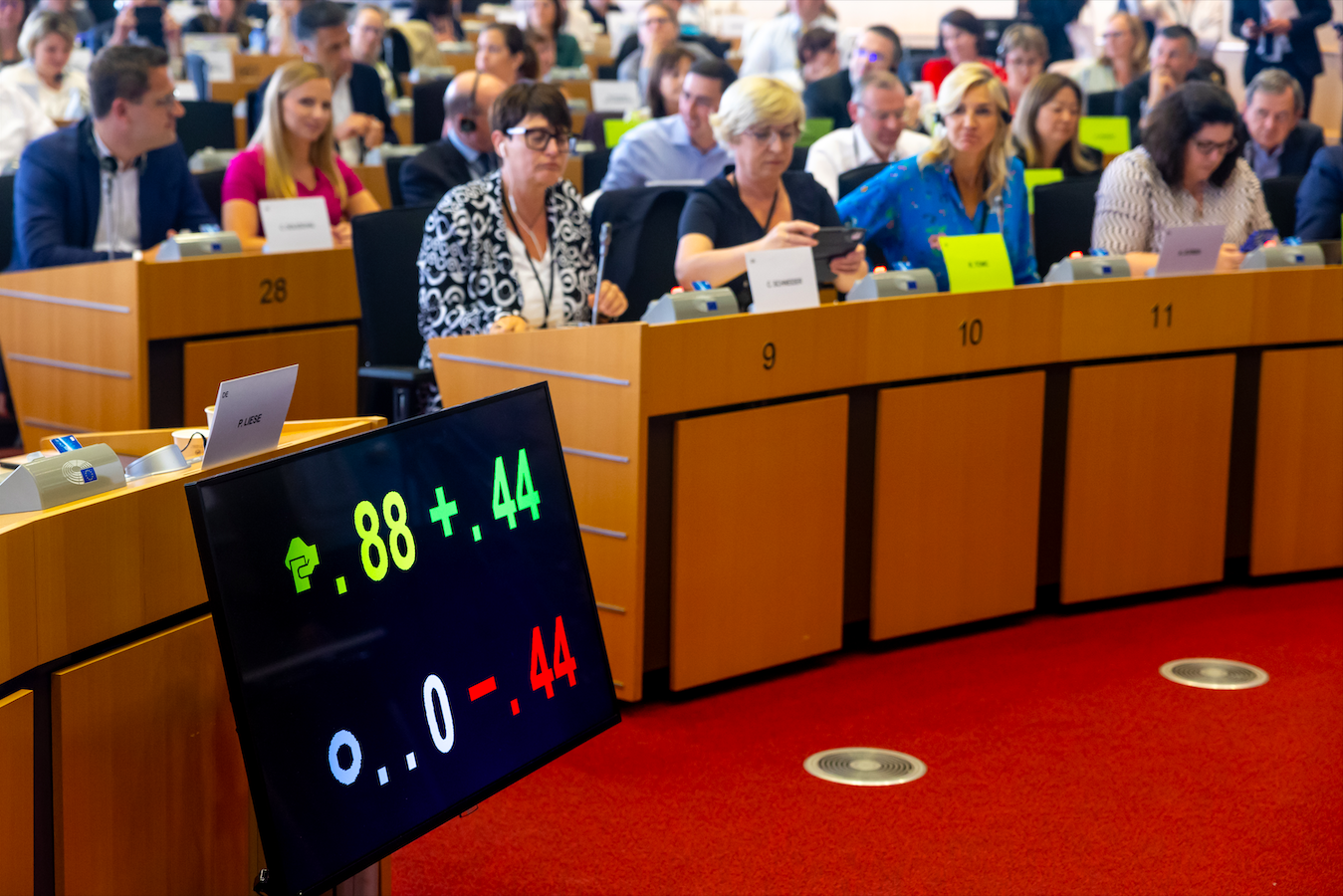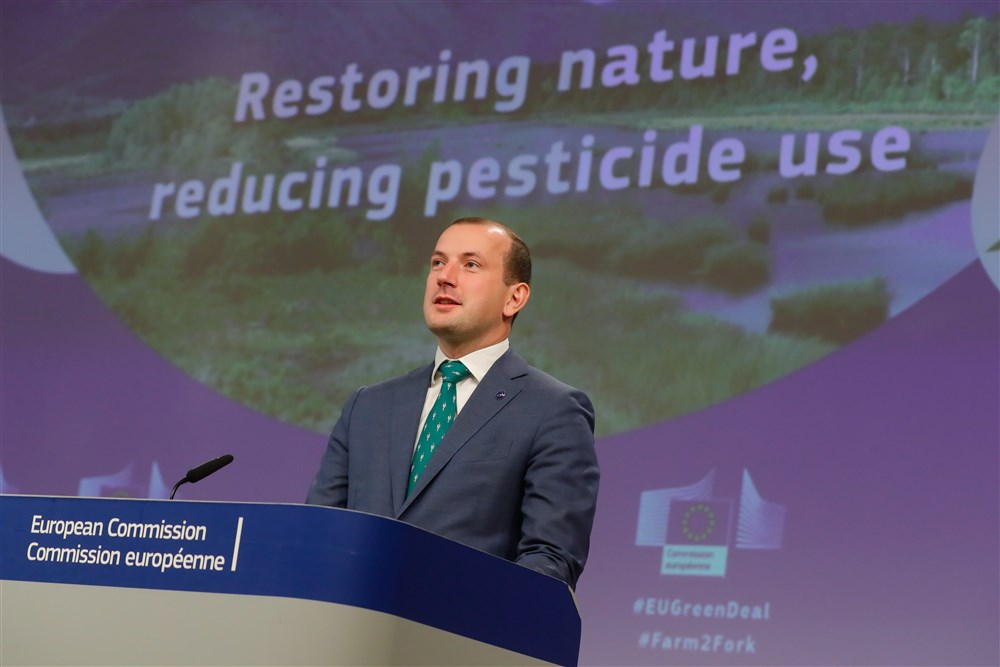A watered-down law on gene-edited crops would hurt small farmers and fail to help the environment, claimed Green MEPs.
The GMO Bill—which the European Commission is due to announce tomorrow—would loosen restrictions on genetically-edited, or ‘GMO’ crops, Tilly Metz and Bas Eickout told an online press conference.
The move was “a very clear political message” to coax Manfred Weber’s centre-right European People’s Party (EPP) Group back to supporting Ursula von der Leyen’s EU Green Deal, said Eickout.
Von der Leyen’s centrepiece Nature Restoration Law calls for European agriculture to use fewer fertilisers and pesticides.
But EPP members on the European Parliament’s environmental committee torpedoed the Nature Restoration Law last week, saying restricting fertilisers and pesticides would collapse European food production.
For the GMO Bill’s sponsors, though, genetically modified crops could be more resistant to bugs and blights.
And since farmers growing GMO crops would require fewer pesticides to produce more food, they might find it easier to live within the Nature Restoration Law’s limits.
However, deregulating GMOs would not actually reduce pesticide use, though it would hand enormous power to “large, transnational agribusiness companies”, argued Eickhout.
Deregulation would “push us into a locked-in system”, with small farmers at the mercy of big agribusiness, he said, pointing to a study produced by the Green Group.
Eickhout called for the EPP to reject the bill, saying it faced a choice “between the destructive Manfred Weber approach or the Ursula von der Leyen approach”.





